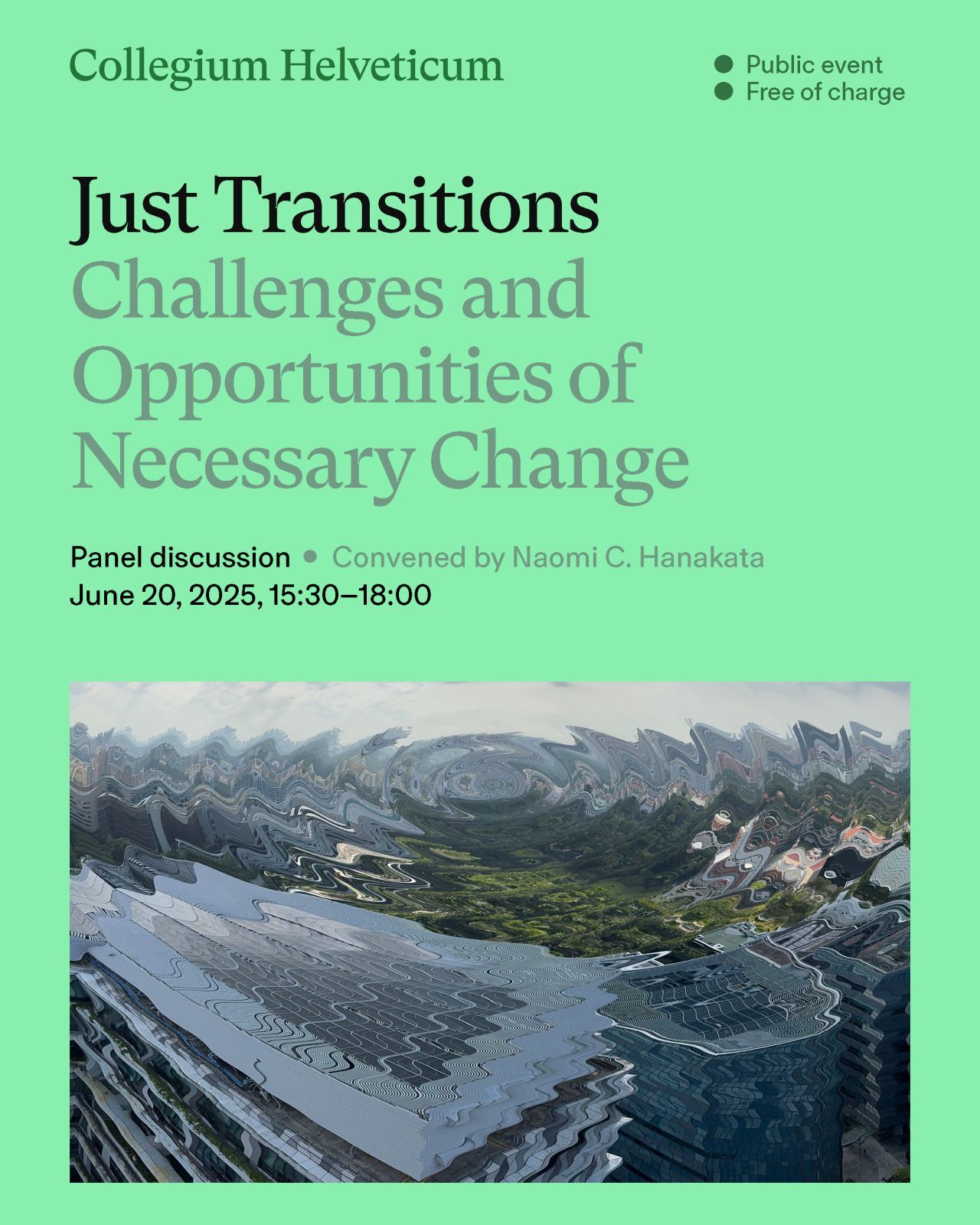
The global urgency to mitigate climate change demands a fundamental transformation from fossil fuel–based energy systems to low-carbon alternatives. This shift is not only a technological challenge, but also a socio-economic and ethical one, with far-reaching consequences for labor markets, community resilience, and global equity. Transforming entrenched systems and overcoming lock-ins—spanning stakeholders, processes, infrastructure for energy sourcing and distribution, and even the management of resources at their origin—constitutes a paradigm shift. This transformation requires coordinated action, new policy frameworks, technological innovation, and cultural adaptation on a planetary scale.
This panel discussion explores, what implications transitions to sustainable systems entail and how they can be designed to uphold principles of justice. Concise interdisciplinary contributions will examine critical components of sustainability transitions, and the role of design, governance, and public engagement in shaping equitable pathways.
· Category:
Public